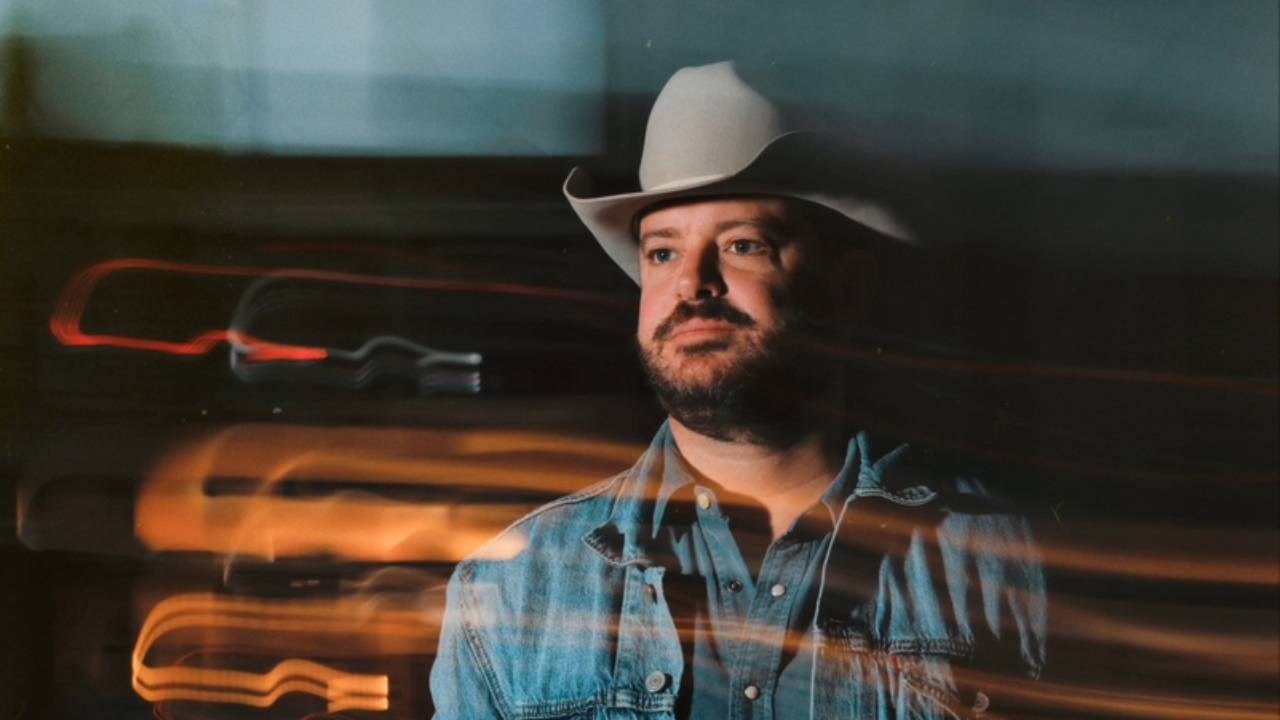NASHVILLE SKYLINE: 'Cash Unearthed'

(NASHVILLE SKYLINE is a column by CMT/CMT.com Editorial Director Chet Flippo.)
The raw, early stages of a creative career and the final, retrospective and introspective years are often the most fascinating and revealing about any artist's life and work.
The upcoming Johnny Cash box set Cash Unearthed is exciting news about the final years of his creative work. The music I've heard from it is a breathtaking glimpse into the workings of his mind toward the end of his life and career.
I suspect I'm in a minority, but I'm beginning to regard Cash's last years of recording as his most rewarding and most revealing. With his work for American Recordings, he opened himself up completely and began to admit his vulnerabilities and frailties -- to the ultimate public exposure with the "Hurt" song and video. Along the way, he ripped open the underbelly of America with some of this work. With such songs as "The Beast in Me," "Rusty Cage," "The Mercy Seat" and "Delia's Gone," Cash created and explored a bleak landscape of the soul that few artists could have envisaged.
Now, his unreleased recordings during that period will be included on the five-CD boxed set (release date of Nov. 25). Disc I is Who's Gonna Cry, Disc II is Trouble in Mind and Disc III is Redemption Songs. These three contain previously unreleased songs from the recording sessions for Cash's four American Recordings CDs. Songs include versions of Steve Earle's "Devil's Right Hand," Roy Orbison's "Down the Line" and Neil Young's "Heart of Gold" and "Pocahontas." There are also previously unreleased duets with Willie Nelson ("Like a Soldier"), Joe Strummer (Bob Marley's "Redemption Song"), Carl Perkins ("Brown-Eyed Handsome Man"), Nick Cave ("Cindy") and Fiona Apple (Cat Stevens' "Father and Son"). Disc IV is My Mother's Hymn Book and contains 15 previously unreleased songs taken from his mother Carrie's hymn book. Songs include "I Shall Not Be Moved" and "The Fourth Man in the Fire." Disc V is Best of Cash on American and presents songs from his four AR CDs.
In his early years, when he was rushing to get going in his early work for Sun and Columbia, Cash often was presenting first drafts of his work, rushed out pell-mell in the heat of creation. Sometimes fueled by drugs, Cash was in a frantic hurry to get his work done while it was hot. His middle years were marked by a certain contentment and - later -- a mild desperation to become relevant again. And in his late mid-life, it's amazing to look back now and realize that he did not have a single song on the Billboard country singles chart from 1990 to 1998 -- and in 1998, he was there only as a duet partner in Rodney Crowell's remake of "I Walk the Line."
It was only after the Nashville establishment deemed him totally irrelevant and after his record label Columbia dropped him, that Cash began the introspection that led him to re-evaluate his life and work and to begin a new career with music. In exploring the works of songwriters as diverse as Trent Reznor and Nick Cave and Nick Lowe and Loudon Wainwright III, he made those songs his own, reflecting, re-working and re-thinking them and his whole approach to music.
There's a reason that such veteran artists as Cash and Willie Nelson and Bruce Springsteen and Dolly Parton continue to draw public attention and praise. It's because of the quality and integrity of their work, and I trust I'm not being too obvious about that. Quality and integrity have become such absentee factors in the music world of late that they not be recognizable to younger fans who have grown up on prefabricated lyrics and Pro-Tooled synthetic sounds. Who among new artists today can shun industry pressures and record what their heart leads them to? By being rejected commercially, Cash had the freedom to follow his heart. If he had not had the courage to do so, he could not have completed his work. Along the way, he became the closest thing we may ever know to a classic American voice. A voice that speaks for generations.
Cash's legacies are only beginning to be understood. I have no doubt that his music and -- perhaps more importantly -- his life lessons will shape music and musicians for generations to come. He left a lot of lessons, some of which we probably don't yet grasp or even glimpse. And, in the end, Cash taught one of life's biggest lessons: how to bring dignity and candor to the end of life. Cash (as Pope John Paul is now doing) believed in allowing the public to witness and share his mortality and inevitable end. Cash once said that he got the beat for his great song "I Walk the Line" from his own heartbeat, and he put that kind of intensity and devotion and blood and sweat into everything he did.
To quote Bob Dylan, "In plain terms, Johnny was and is the North Star; you could guide your ship by him -- the greatest of the greats then and now."





